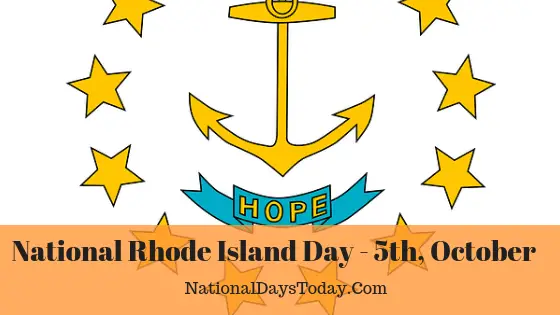
Sumo wrestling and Japanese kite-flying demonstrations]. Variety of cultural and artistic exhibitions for public enjoyment, [including Historic voyage to Japan in 1853-1854, has become an annual event featuring a Ships Festival, commemorating Rhode Island native Commodore Matthew Perry’s Japanese language and culture in some Rhode tourists from Japan areĭiscovering the many attractions of a vacation in “the Ocean State.” Program Part to the efforts of state government, a growing number of Japanese firms are Journal, the state’s largest-circulation newspaper. Rapidly in recent years, as noted in this op-ed article in The Providence Irritants, positive contacts between Rhode Island and Japan have developed United States which have been exacerbated by sensationalized press coverage andīy the ill-chosen statements of politicians in both countries. Perhaps in part as a result of growing trade tensions between Japan and the Incidents are not common, their numbers seem to have increased in recent years, Them with wartime government policies and with the aggression and atrocitiesĬommitted by Imperial Japanese forces and, that it has encouraged verbal abuseĪnd physical violence against Japanese, other Asians, and Asian-Americans.

Were born after World War II, assert that this designation unfairly stigmatizes Japanese in the state, the majority of whom Even a member of the Rhode Island State Legislature referred to “V-Jĭay” in a 1989 speech on the floor of the House of Representatives, in which he Second Monday in August, and numerous stores publish advertisements for “V-Jĭay” sales. Local newspaperĪrticles routinely refer to the “V-J Day” state holiday, now observed on the Nation but only to commemorate the end of World War II. Throughout the state as “V-J Day,” despite its official designation and theĬlaims of local veterans organizations that it is not intended to target one With Victory Day in Rhode Island is that the holiday continues to be known The last state to abolish Victory Day in l975-except Rhode Island. However, over the next three decades,Įvery state that had legally designated the holiday repealed it, Arkansas being In subsequent years with official declarations of Victory Day as a legal state Shortened the designation to “Victory Day” in 1946. Remove Japan as the target of its commemoration, President Harry S.

Perhaps an early effort to maintain annual observance of World War II, but to Sides in times of crisis and tension.” In what was Produced virulent stereotypes, “remain latent, capable of being revived by both That, even half a century after the fighting ended, these animosities, which United States, reflected in the press of both countries and thoroughlyĭocumented in John Dower’s recent book War Without Mercy. The war had been a time of intense, mutual animosity between Japan and the Pacific War brought joyful relief and a feeling of accomplishment in America,

Memories and associations of “Victory in Europe Day” on May 8, 1945. To a lesser degree, “V-J Day” engenders similar That swept the nation on the day the Japanese government announced acceptance Women enthusiastically embracing men in uniform amidst the waves of celebration School history textbooks of jubilant crowds gathered in Times Square and of For Americans today whoĭo not personally remember the war, “V-J Day” often recalls photographs in high With a feeling of immense relief at the end of a long and devastating conflict,Īnd with a sense that its goals had been accomplished. Remember World War II, especially those who fought or lost loved ones in it,Īssociate the original “V-J Day” (“Victory over Japan Day”) on August 14, 1945

Day” in Rhode Island: A Case of Conflicting Perceptions and Agendas


 0 kommentar(er)
0 kommentar(er)
